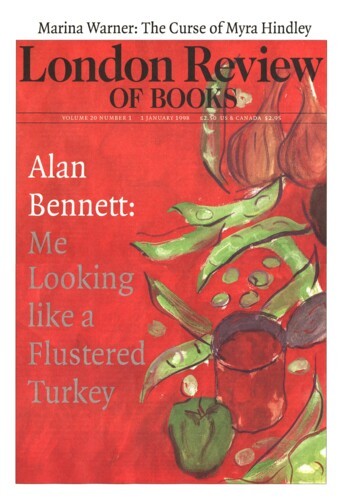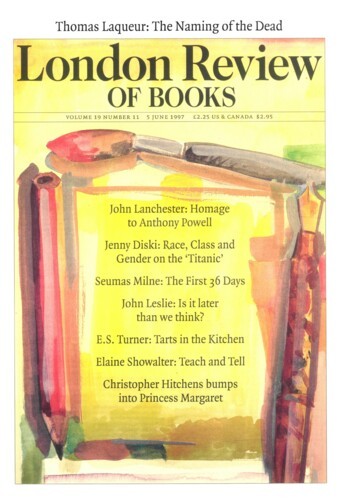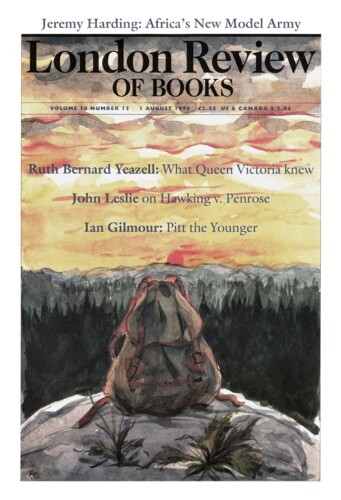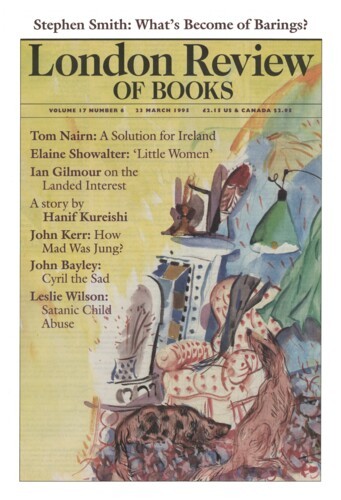Fine-Tuned for Life: Cosmology
John Leslie, 1 January 1998
Our expanding universe has existed for roughly ten billion years. Even to get from Earth’s formation to our century took as long, Martin Rees remarks, as journeying half across America at the rate of one step per two thousand years. Our sun will shine steadily for five billion more years before swelling and vaporising our planet. The universe, however, will probably last for at least another hundred billion. It is widely expected to collapse eventually, but might first dilate by a factor of one followed by a million zeroes. Its expansion is possible even if it has always been infinitely large. Infinitely many galaxies, scattered across infinite space, could keep getting further apart. Infinity being a large number, some of the galaxies could well contain exact duplicates of you and me, Rees points out. With sufficiently many typing monkeys, even Hamlet would get typed many times.




